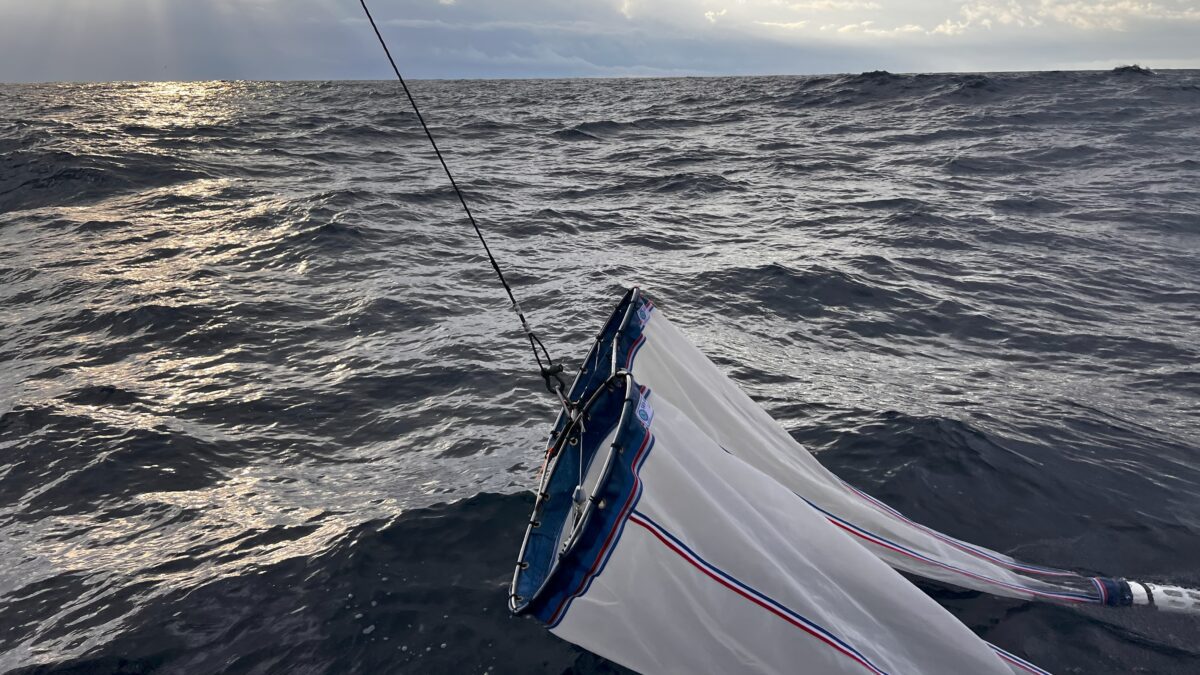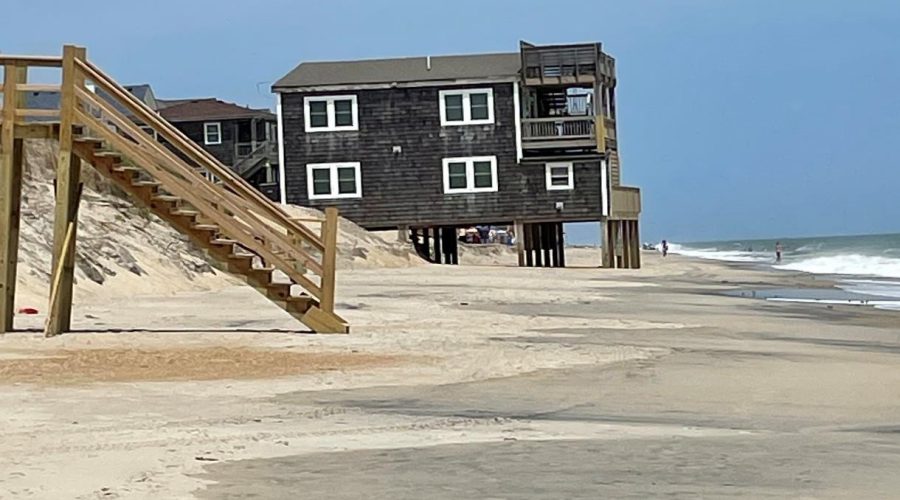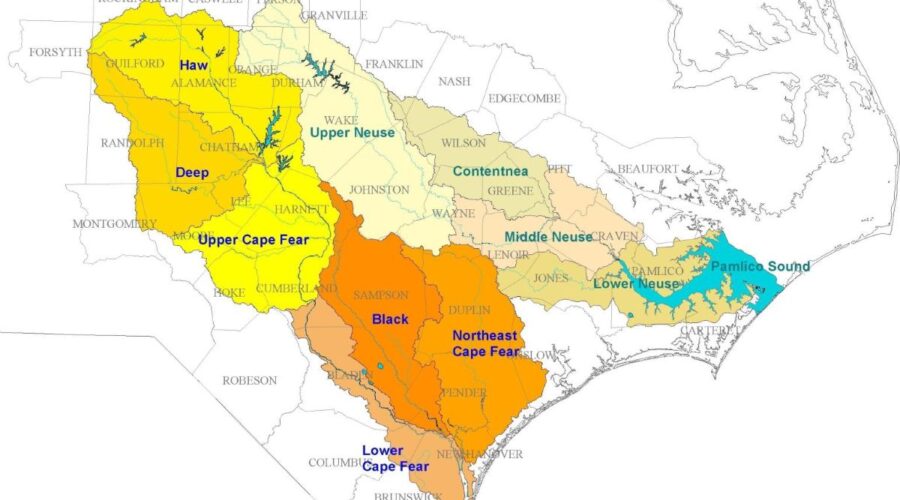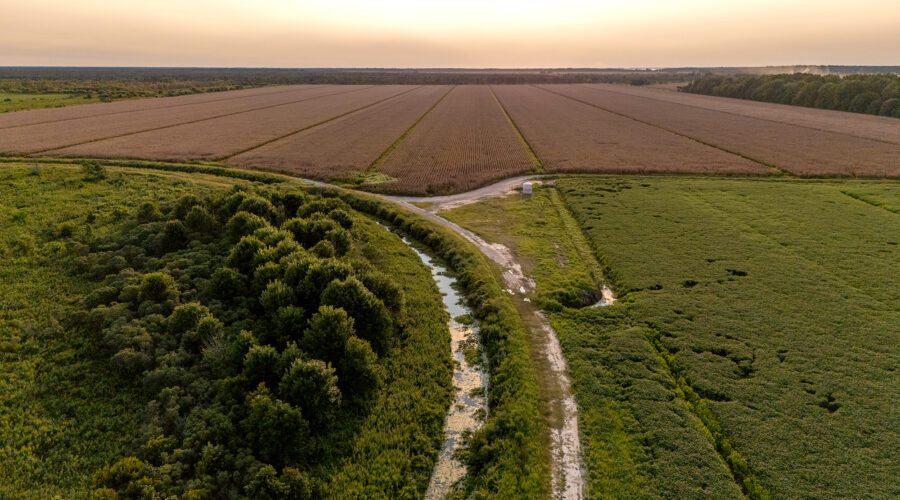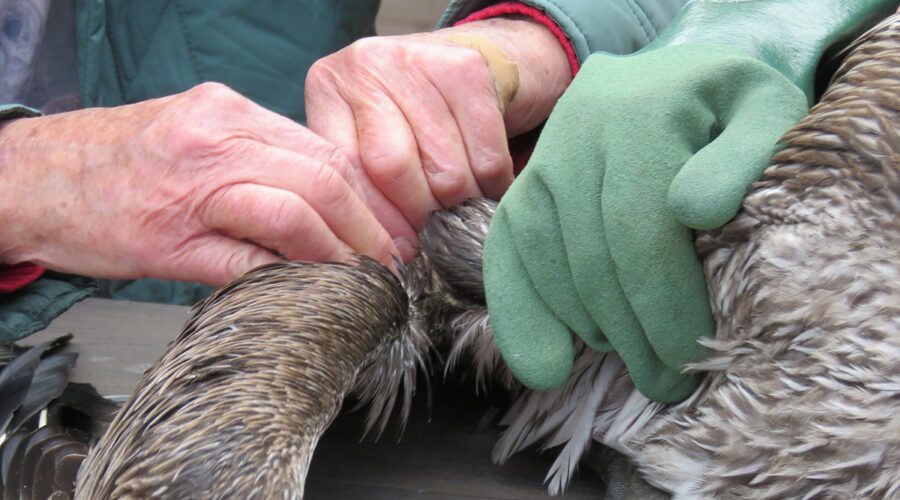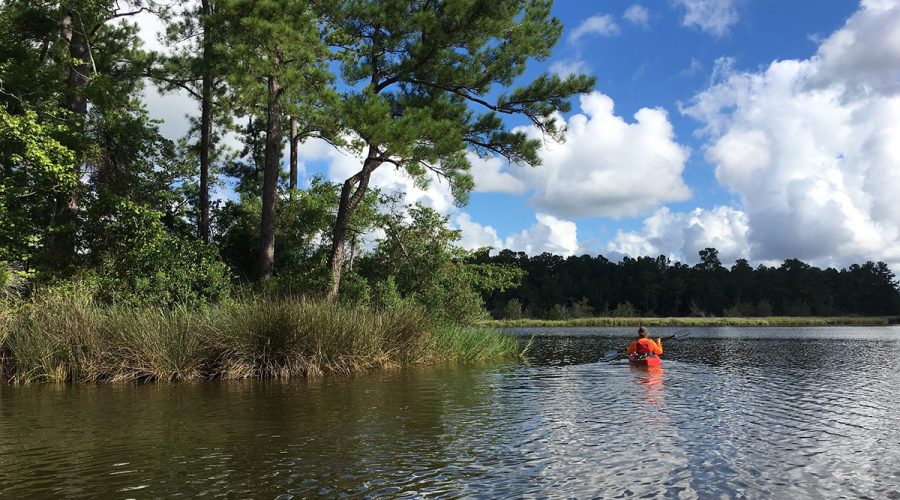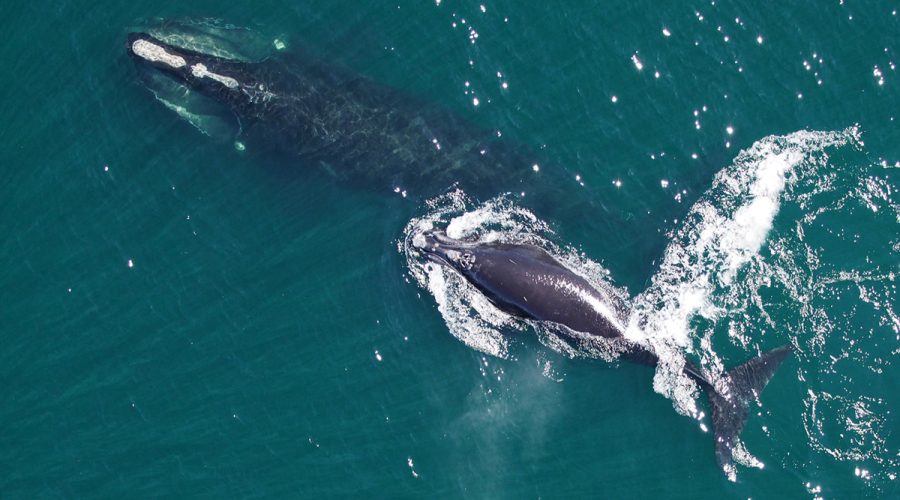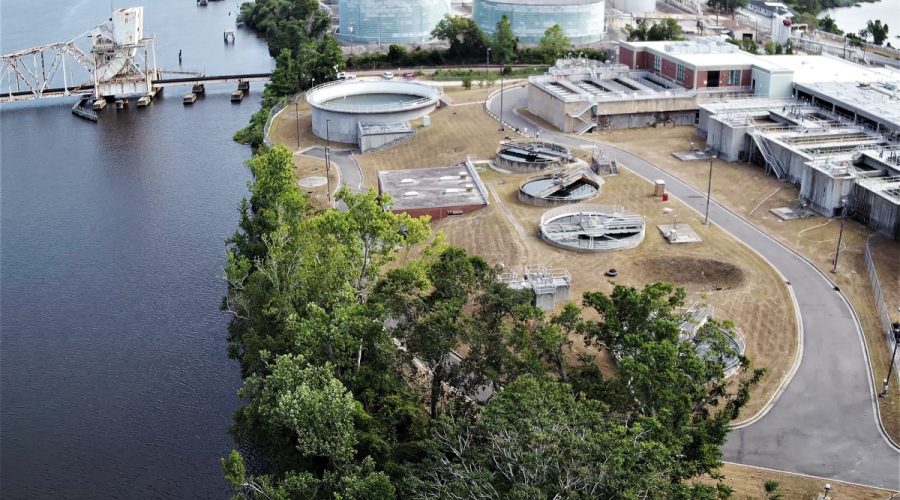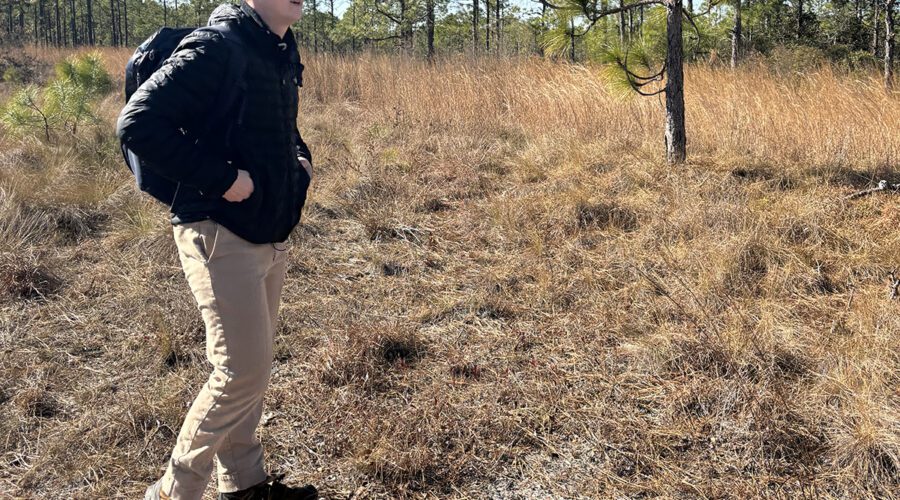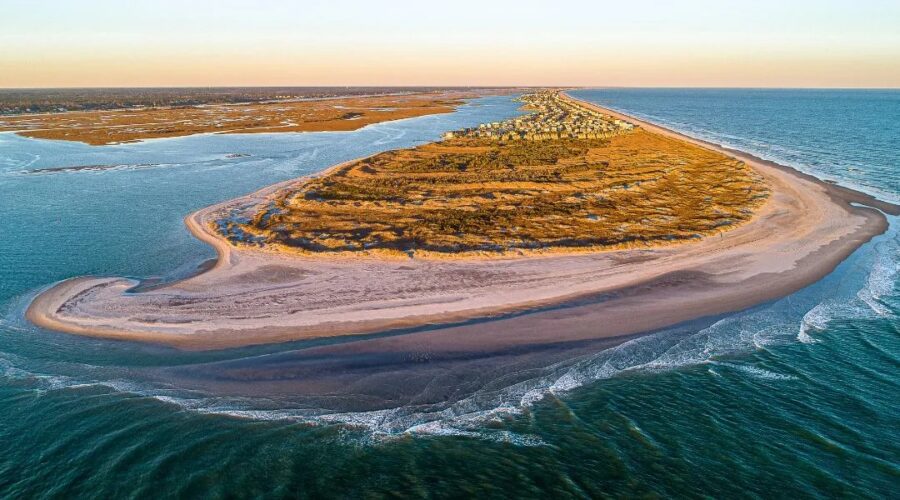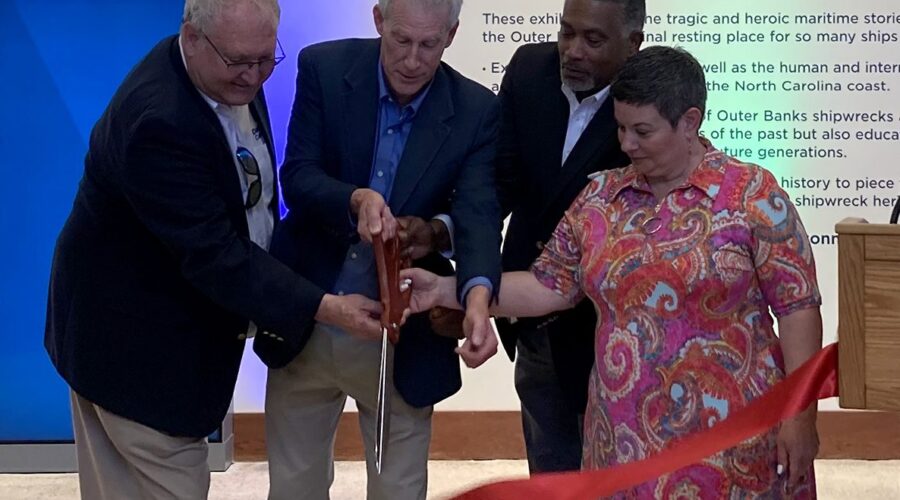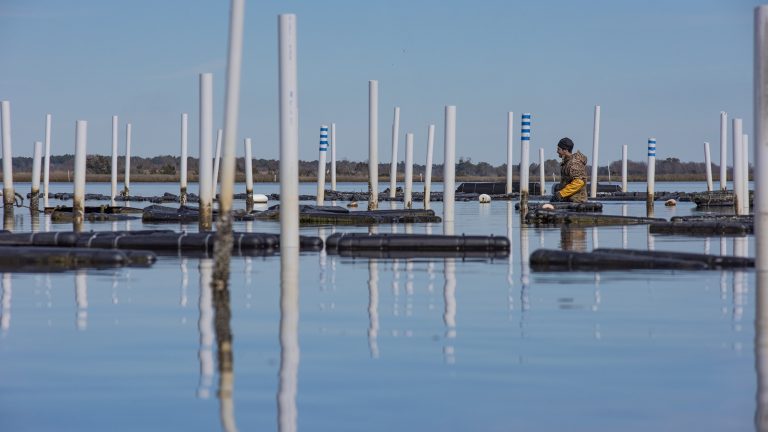The UNC system project allows researchers to study habitat changes from the mouth of the Cape Fear River to the Gulf Stream’s warm waters.
Judge restores state’s 30 erased coastal development rules
A judge has ordered that more than two dozen longstanding rules used to guide coastal development and protect resources be placed back into the North Carolina Administrative Code.
Upriver Cape Fear plant releases high levels of 1,4-dioxane
Levels of the compound believed to be a human carcinogen at the Asheboro wastewater treatment plant far exceeded national limits in late January.
‘Words matter’: Accepted ‘pocosin’ definition unsupported
Duke University researcher Dr. Ryan Emanuel has found no documented evidence behind the long-used English translation of the Eastern Algonquian as a “swamp on a hill.”
Wildlife shelter posts reward to end maiming of pelicans
A wild bird rescue organization in Brunswick County is offering a $10,000 reward to stop the common winter occurrence of dead and severely injured brown pelicans washing ashore.
UNCW Blue Economy Index plunges following inauguration
The University of North Carolina Wilmington’s benchmark that tracks companies earning revenue via ocean resources has performed poorly since Trump returned to office.
Ports, suppliers in 40 states are invested in offshore wind
A new report from an ocean advocacy group finds that billions of dollars have been invested in U.S. ports in gearing up for or actively serving the offshore wind energy, which has created thousands of jobs, just as the new administration levels its anti-renewables sights at the industry.
Conservationists seek Farm Act changes to boost land gifts
Officials with land trusts across the state are concerned that incentives in the law that took effect Jan. 1 may not be enough to entice property owners to donate.
Agency nixes speed limits proposed to protect right whales
“Despite its best efforts, NMFS does not have sufficient time to finalize this regulation in this Administration due to the scope and volume of public comments,” NOAA said before Trump’s inauguration Monday.
EPA to NC: Solvent discharge limits deadline ‘mandatory’
A pending lawsuit notwithstanding, the Environmental Protection Agency has put North Carolina on notice: There’s no extension of the time frames for addressing the federal agency’s objections regarding the discharge of 1,4 dioxane into waters upstream of the Cape Fear.
Sleepy Creek trail segment planners intend to ‘keep it wild’
The idea behind a planned new portion of Mountains-to-Sea Trail through the Holly Shelter Game Land’s lush pocosin in Pender County is to lure hikers safely away from Highway 17 and most other signs of civilization.
Coastal Land Trust secures final million to buy ‘The Point’
The U.S. Fish and Wildlife Service is awarding $1 million to the state and conservation organizations to protect the 150-acre, undeveloped tract at the southern end of Topsail Beach.
Biden makes protections from offshore drilling permanent
President Joe Biden on Monday used his authority under the Outer Continental Shelf Lands Act to withdraw from new oil development the entire East Coast, eastern Gulf of Mexico, West Coast, and remainder of Alaska’s northern Bering Sea.
Incoming environmental chief Reid Wilson revisits his roots
Former Department of Natural and Cultural Resources Secretary Reid Wilson sees important opportunities and challenges in terms of public health and environmental protection in his new role as Department of Environmental Quality secretary in the Stein administration.
Chemist develops purification system that removes PFAS
UNC Charlotte professor Dr. Jordan Poler received a grant aimed at helping make his lab’s water-purification method, which cleans drinking water of toxins including per- and polyfluoroalkyl substances, available to consumers.
Oyster farmers argue penalty too harsh for minor violations
Shellfish farmers are petitioning the North Carolina Marine Fisheries Commission to change the punishment for what farmers call clerical errors and minor permit violations.

